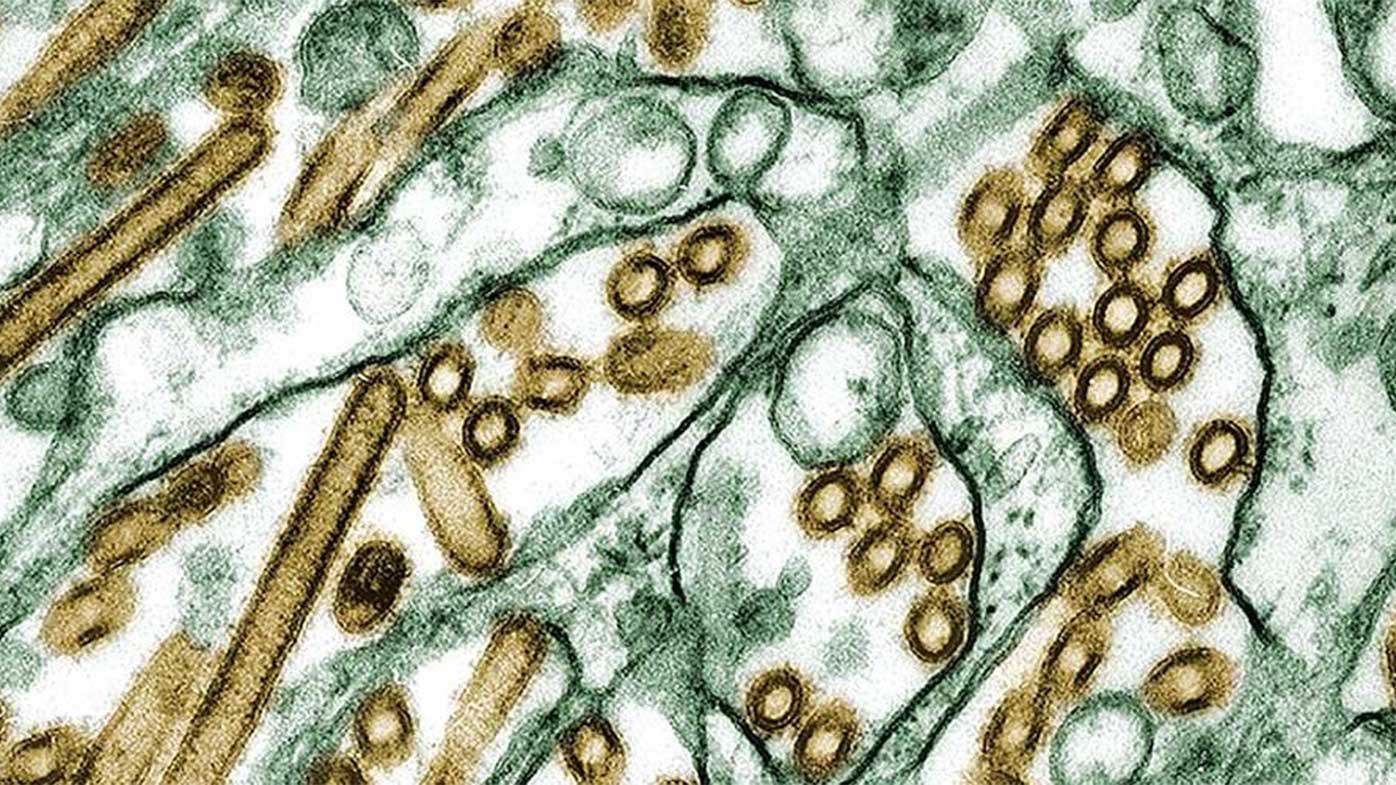
The Australian government has announced $95 million in measures to combat the looming arrival of a deadly strain of bird flu in the country.
Australia is the only continent free of the H5N1 strain of avian influenza, but farmers have been urged to prepare for it striking here.
The Albanese government overnight announced it was spending the additional funding on a range of biosecurity and environmental measures to reduce the impacts of the disease.
READ MORE: Farmers sound urgent warning over deadly strain of bird flu
In other countries, including the US and some European nations, H5N1 has caused a decrease in egg production and fatalities among wild birds and some mammal species.
Environment Minister Tanya Plibersek said its arrival in Australia was unavoidable.
“The awful reality of this disease is that – like the rest of the world – we will not be able to prevent its arrival,” she said.
The new spending includes $37 million to boost biosecurity and scientific capabilities to better protect the farming industry.
There is also $35.9 million for environmental measures and protections to protect threatened species.
READ MORE: This TV ad is not at all what it seems
The government also plans to spend $22.1 million on bird flu vaccine stocks.
Scientists have predicted the H5N1 strain of bird flu was likely to arrive this spring as birds from the northern hemisphere migrate south.
The Commonwealth Chief Veterinary Officer Beth Cookson, warned last month its arrival in Australia would put the Tasmanian Devil at risk.
Scavenging animals and predator birds are known to be at particularly high risk of infection through eating infected birds or animal carcasses.
The country’s chief vet told an assembly of government and animal welfare groups that Tasmanian devils and Australia’s eagle population are specifically at risk.
“Tassie Devils have been pushed to the brink of extinction by a devastating facial tumour, and are also battling land clearing, mining, logging, and road deaths,” Invasive Species Council Advocacy Director Jack Gough said.
“The introduction of this deadly strain of bird flu could be catastrophic, derailing recovery efforts, reducing genetic diversity and threatening their survival.
“Dead birds can remain a source of infection for weeks and animals that scavenge, like Tassie devils and eagles, or come into close contact with carcasses are at risk of infection and death.”
Tasmanian devil habits like Robbins Island in northwest Tasmania could be affected if migrating birds bring the virus to the island.
links to content on ABC
9News





